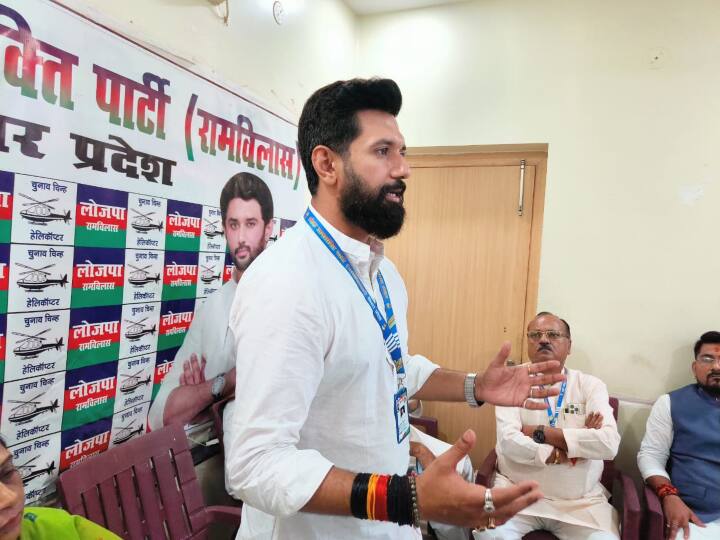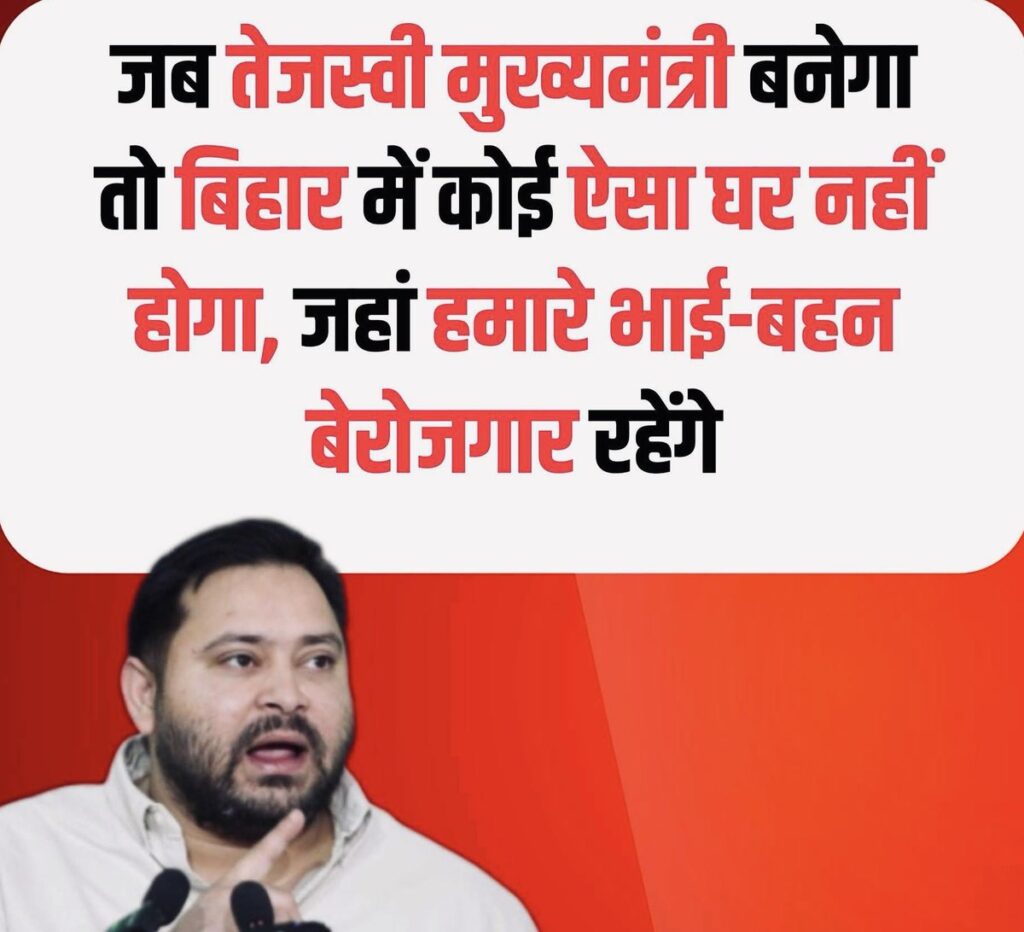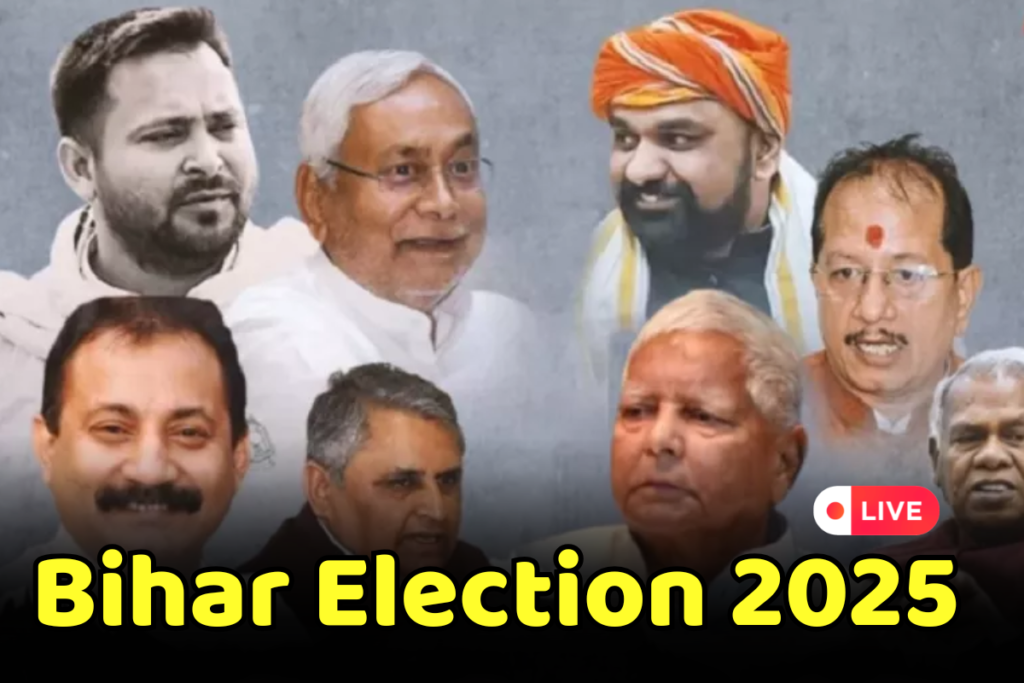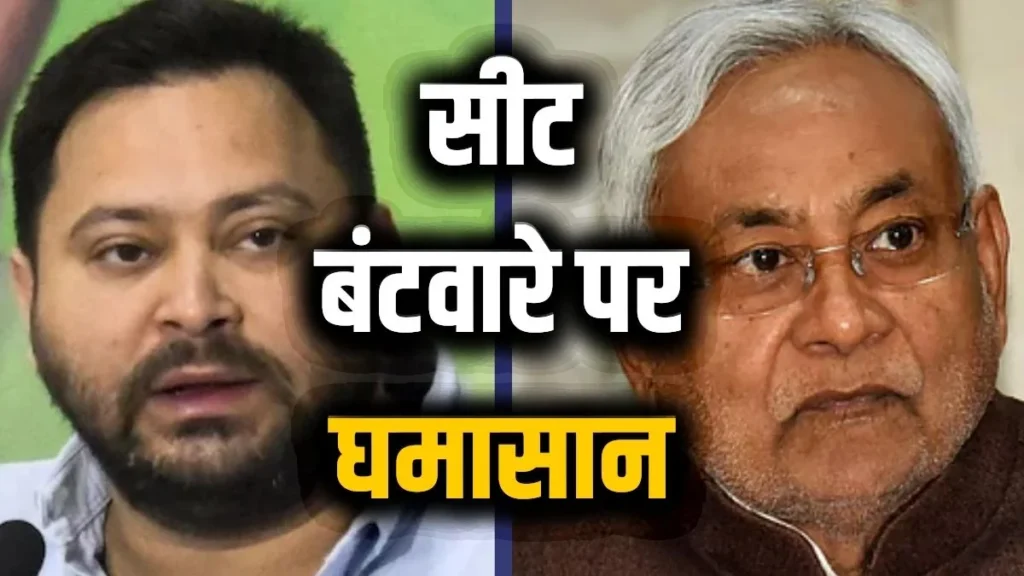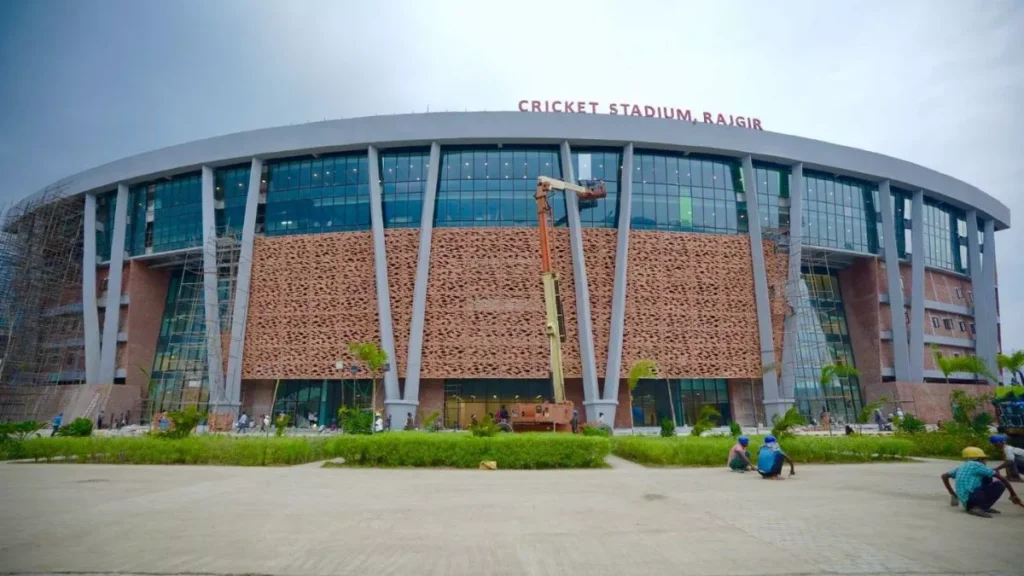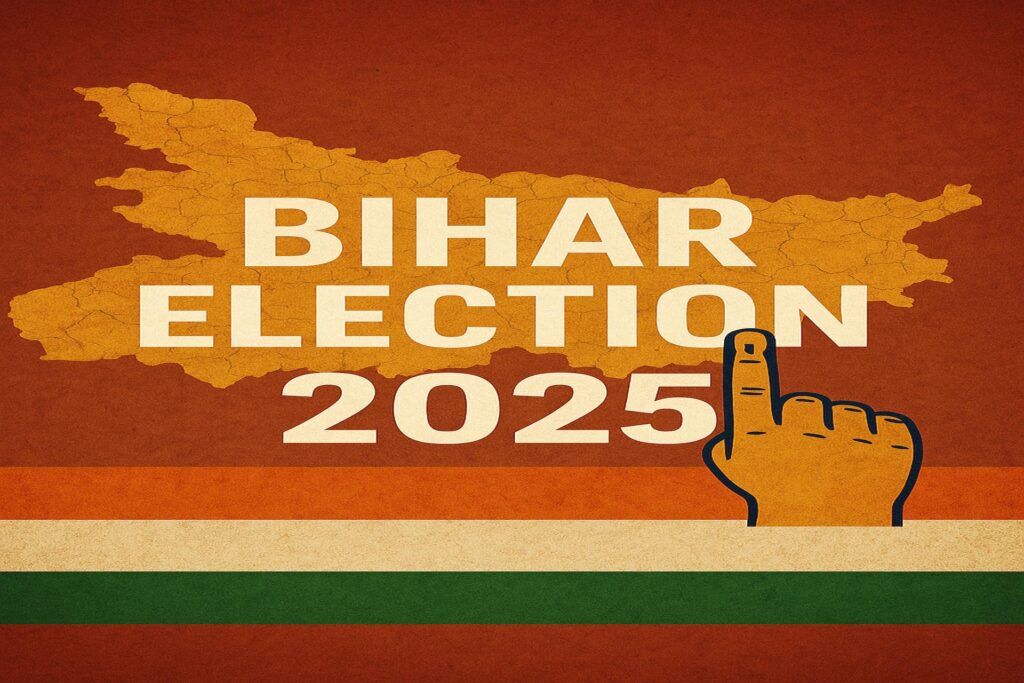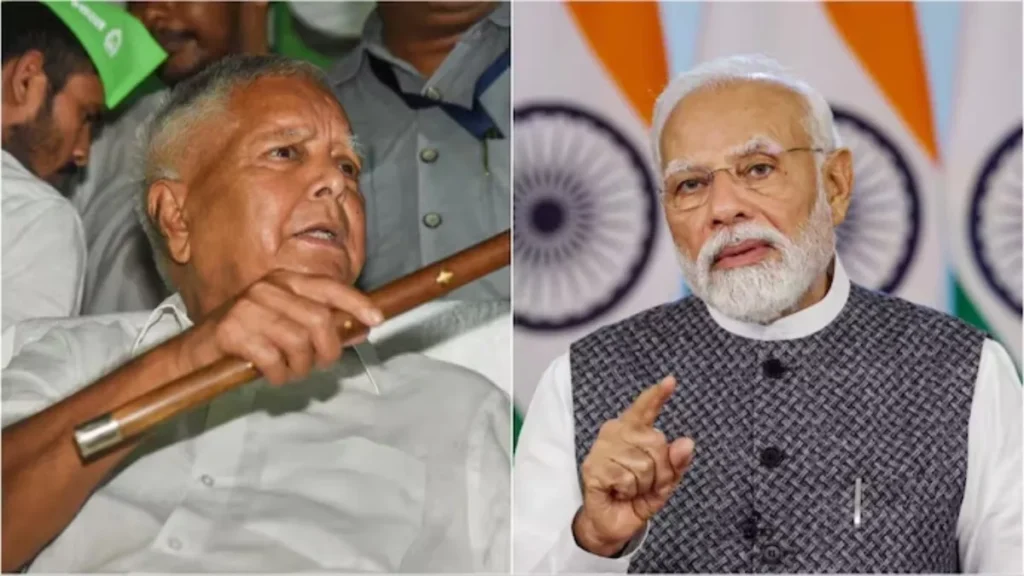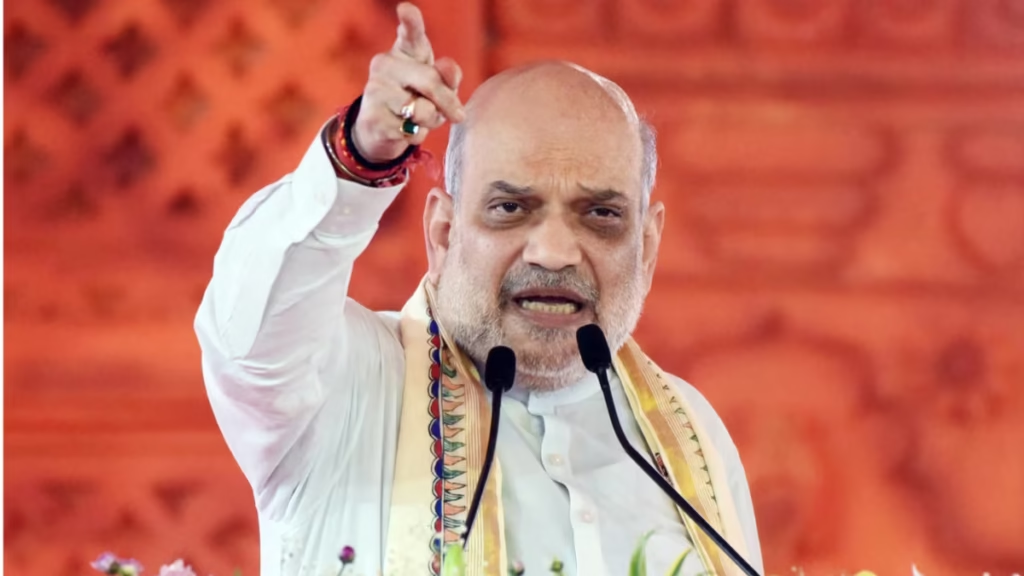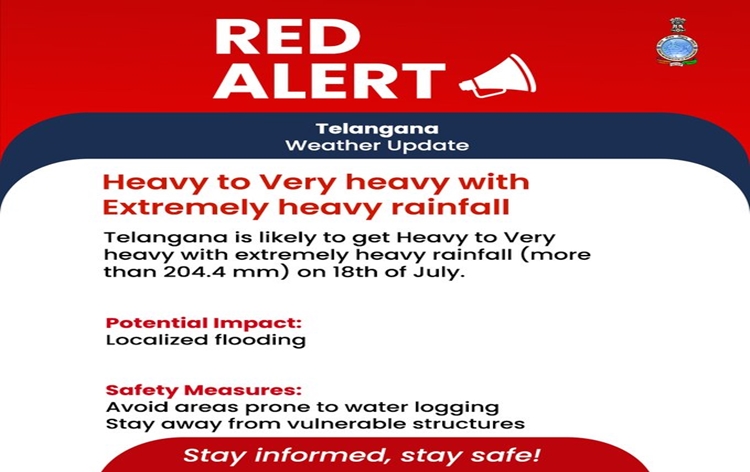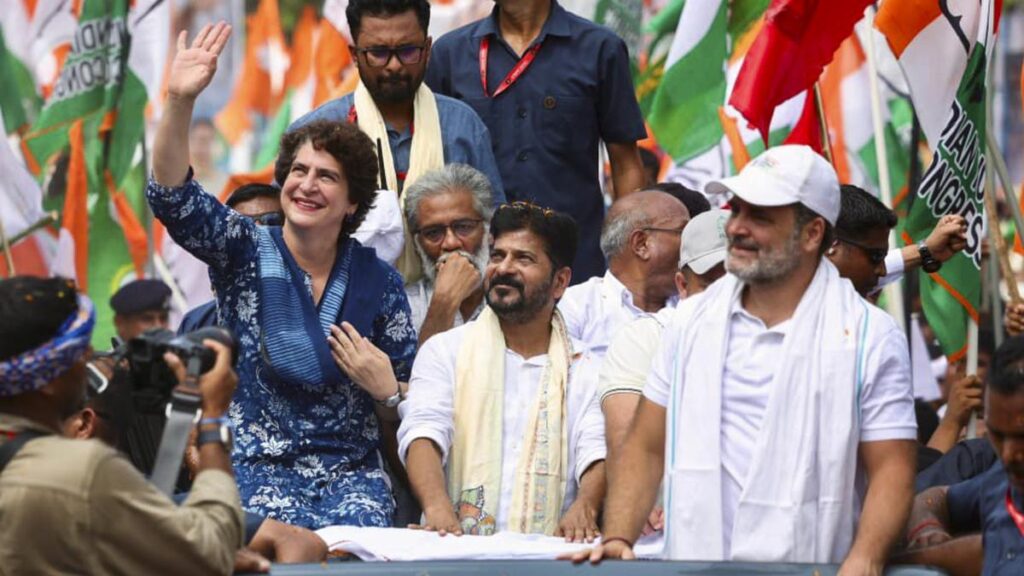Bombay HC Orders Anil Ambani to Approach RBI Over Union Bank Verdict – A Critical Step Forward

RBI action on banks The Bombay High Court recently voiced strong concerns regarding the manner in which banks declare accounts as “defaulters” or “fraudulent,” emphasizing the need for more meticulous and transparent procedures. The case in question involved industrialist Anil Ambani, who had challenged an order passed by the Union Bank of India in October 2024. The Union Bank had declared Ambani’s loan account as ‘fraud’ without allowing him a fair hearing or providing him with the relevant documents.
RBI action on banks :The Issue at Hand
The petition filed by Anil Ambani before the Bombay High Court raised significant concerns over the bank’s process. Ambani alleged that the Union Bank of India had passed the order of declaring his account as fraudulent in a manner that violated the principles of natural justice. Specifically, he had not been given a proper hearing before the decision was made, and despite requesting RBI action on banks documents on which the bank had relied to reach its conclusion, no documents were provided to him.
During the court’s hearing on the matter, Justices Revati Mohite Dere and Neela Gokhale expressed concern over what they termed a “cut, copy, paste” manner in which many banks pass such orders, without proper scrutiny or a legitimate process. According to the court, such practices not only undermine the fair treatment of individuals but also lead to situations where the funds of the public are being handled recklessly.
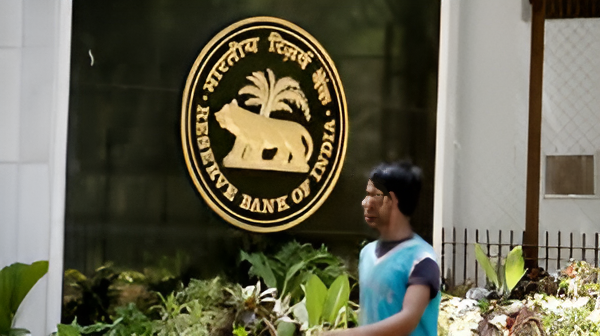
Court’s Observations on Bank Procedures
The Bombay High Court observed that it had frequently encountered cases where banks hastily declared accounts as ‘fraudulent’ or classified borrowers as ‘willful defaulters’ without properly following the necessary procedural steps. In the Ambani case, the court’s concerns were amplified due to the absence of a fair hearing and the failure of the bank to provide Ambani with the relevant documents.RBI action on banks This lack of transparency, the court asserted, undermines trust in the financial system and risks making arbitrary decisions.
The court noted that, under the existing framework, banks were expected to follow the guidelines set forth by the Reserve Bank of India (RBI) when declaring a borrower’s account as fraudulent or a defaulter. The court pointed out that these guidelines are meant to ensure that the decision-making process is transparent, just, and does not unfairly penalize borrowers. However, the judges raised RBI action on banks questions about how the process was being handled, especially in cases where individuals were not provided an opportunity to be heard before a final decision was made.
The court’s frustration with such practices was evident when it stated, “There cannot be such cut, copy and paste orders. There has to be some application of mind.” The judges went on to emphasize the importance of the issue, stating that public money was involved, and banks should not be allowed to act in a casual manner when it came to matters of significant financial implications.
The Role of the Reserve Bank of India
The Bombay High Court directed that the Reserve Bank of India (RBI) should take action to address this growing issue. The judges urged the RBI to implement checks and balances within the banking system to ensure that banks followed the due process as per the RBI’s ‘master circulars.’ RBI action on banks They stressed that without such a mechanism in place, this problem would continue unchecked, potentially affecting more individuals.
Senior counsel Venkatesh Dhond, appearing for the RBI, clarified that individuals who feel that a bank order has violated the principles of natural justice have the right to file an online complaint with the RBI. However, he pointed out that while the RBI can investigate procedural issues, it would not RBI action on banks address the merits of individual cases. This means that the RBI will only evaluate whether the bank adhered to the mandatory steps outlined in its guidelines, not whether the decision itself was correct.
Court’s Order and Next Steps
In light of the circumstances, the Bombay High Court asked Anil Ambani to file a complaint with the RBI regarding the Union Bank’s actions. The court’s suggestion is aimed at ensuring that the RBI takes corrective measures if the bank violated procedural fairness during its decision-making process. The court’s focus is on ensuring that banks adhere to a fair process before declaring an account as ‘fraudulent’ or a borrower as a ‘willful defaulter.’
The court also directed the Union Bank of India to file an affidavit in response to Ambani’s petition. The matter was posted for further hearing on March 13, 2025. The court’s action underscores its RBI action on banks commitment to holding financial institutions accountable and ensuring that they follow due process when taking significant decisions that can have a lasting impact on individuals and businesses.
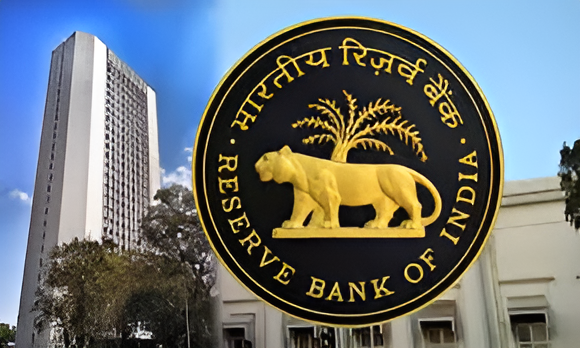
Implications of the Case
This case highlights the critical issue of transparency and fairness in the banking system. The court’s concerns over “cut, copy, paste” decisions by banks reflect a broader issue of how financial institutions handle sensitive matters such as loan defaults and fraud allegations. RBI action on banks The lack of proper procedure and transparency in these cases can lead to unjust consequences, including damage to reputations and financial distress for individuals and businesses.
For Anil Ambani, the case against the Union Bank of India is not just a legal challenge, but also a fight for his rights as a borrower. If the Union Bank’s decision is upheld, it could have serious implications for his financial standing and credibility. The case thus serves as an important reminder that banks must be held to high standards of accountability, especially when dealing with issues that affect people’s RBI action on banks livelihoods.
The case also serves as a warning to other financial institutions to ensure that their decision-making processes are fair, transparent, and in line with the regulatory framework set by the RBI. Failure to do so could result in increased scrutiny from the courts and regulatory authorities.
Conclusion
The Bombay High Court’s intervention in the case between Anil Ambani and the Union Bank of India is an important step in addressing the growing concerns about the fairness and transparency of the banking system. The court has raised valid questions about how banks handle sensitive RBI action on banks decisions regarding loan defaults and fraud allegations, emphasizing the need for a more rigorous process that adheres to the guidelines set by the RBI. As the case continues to unfold, it will be closely watched by both the banking sector and the public, with far-reaching implications for how banks operate in the future.

